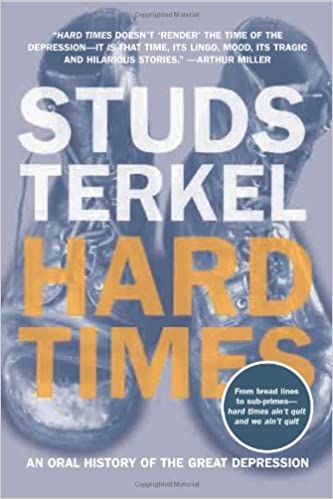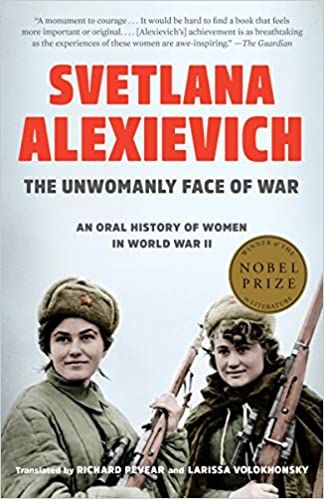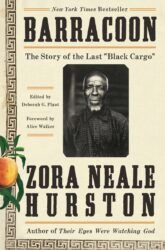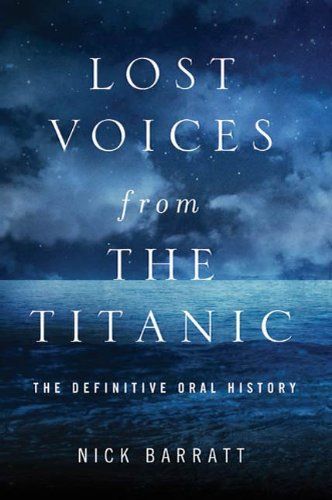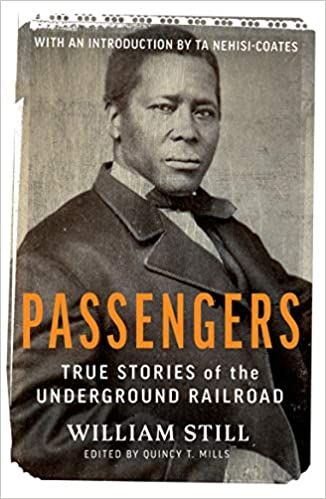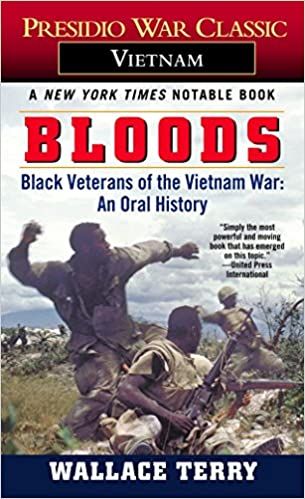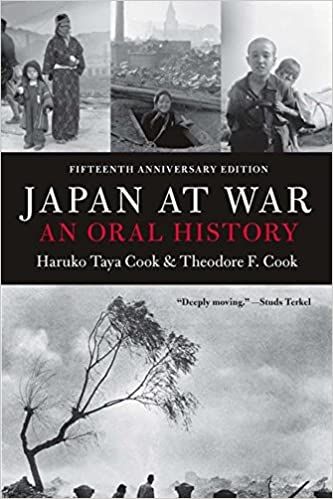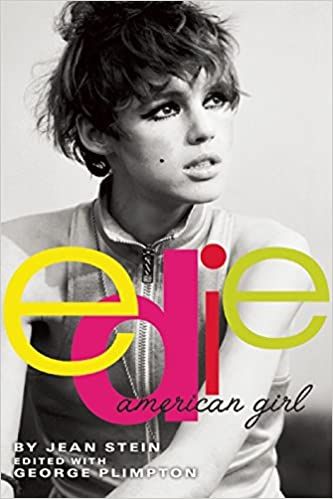We all remember things slightly differently. Oral histories give us as a civilisation a chance to look beyond the agreed facts and consider broader viewpoints and perspectives. We’re used to the heroics of the extraordinary adventurers, but the ordinary voice can be just as extraordinary, just as pivotal, when given space to speak. Never an easy read, oral histories are a challenge, but I always seem to learn more from them than I ever thought I could. Oral history occupies a strange niche in literature. Authors of oral histories are often presenting stories they have collected directly from others, and sometimes don’t include their own voice at all. Many oral historians work to provide a pedestal for voices that wouldn’t otherwise be heard at all. These collections are rarely about the name on the front cover. Oral histories are extremely niche, research and time intensive; many of them are published by academic presses and there is no glory in the undertaking. I wonder whether the deep research requirements and lack of immediate commercial potential puts publishers off oral histories — and if collectors aren’t well financed to spend the right amount of time producing the work, how many ‘ordinary’ voices are we losing? We can assume that, as in all other walks of publishing, oral historians who are women, LGBTQ+ or people of colour may suffer from an additional lack of investment and access. Now that oral histories have won the Nobel, I’m hopeful that future publishers will take big leaps of faith to publish more of them.
